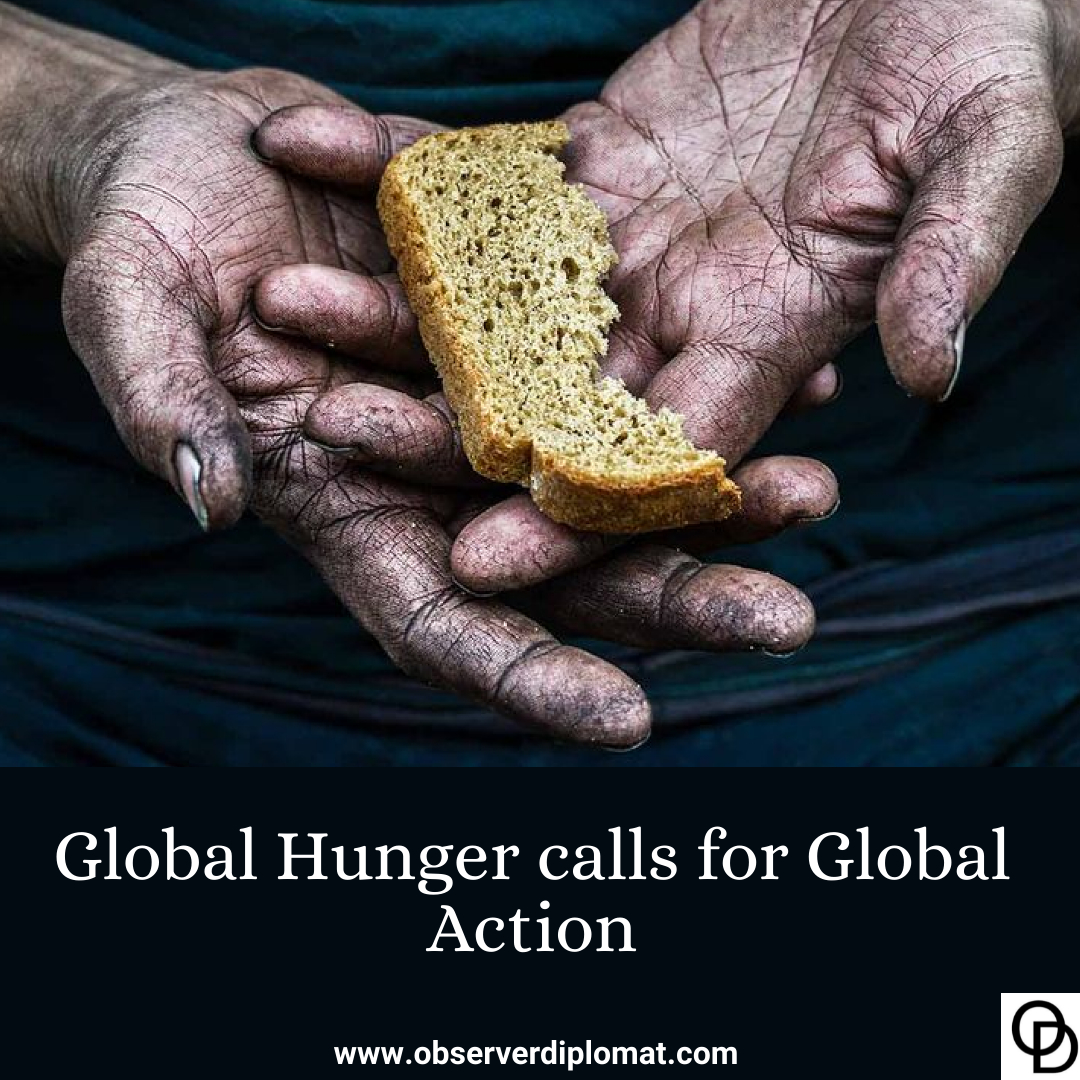The biggest hunger crisis in recent history is currently affecting the entire world. Unless immediate action is made to address the conflict, climatic shocks, and the possibility of a global recession that are the crisis’s drivers, millions of people are at risk of escalating hunger. The interaction of these factors is making life harder every day for the most vulnerable people on earth and rolling back previous development advancements.
Every night, up to 828 million people go to bed hungry. Since 2019, the number of people experiencing severe food insecurity has increased from 135 million to 345 million. A total of 49 million people in 49 different nations are on the verge of going hungry.
While demands are at an all-time high, supply is at an all-time low. For the World Food Programme (WFP) to feed 160 million people by 2022, US$22.2 billion will be needed. However, the COVID-19 pandemic’s impact on the world economy has widened the funding gap to record levels.
We are at a critical moment. Everyone must act in concert with government contributors, whose generous gifts make up the majority of WFP financing, to stop the global hunger calamity. Along with financial contributions, private sector businesses can help our work by providing technical support and knowledge transfers. High-net-worth individuals and regular citizens can also contribute, and youth, influencers, and celebrities can speak out against the inequity of world hunger.















